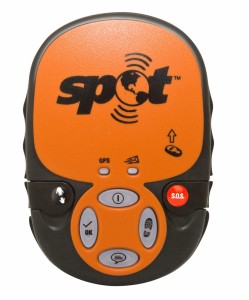gromit
likes this
- Joined
- Mar 3, 2010
- Messages
- 6,508
Oh good to know. I'll probably just get a not very insulating pad for now, since I'm probably gonna stick to warmer months to start off with.
I definitely don't want to go above 25% of my body weight, that would not be pleasant... but I do like to drink water a lot. This leads to my next question: what do you do for water? I've heard of filters and pills. How much water do you carry at a time? On my 9 mile/7 hr hike last weekend I drank 3 litres... that is almost 7 lb, but I guess you only have that maximum for water at the beginning and it goes down from there.
I definitely don't want to go above 25% of my body weight, that would not be pleasant... but I do like to drink water a lot. This leads to my next question: what do you do for water? I've heard of filters and pills. How much water do you carry at a time? On my 9 mile/7 hr hike last weekend I drank 3 litres... that is almost 7 lb, but I guess you only have that maximum for water at the beginning and it goes down from there.


 I call that "extreme slackpacking."
I call that "extreme slackpacking." 





